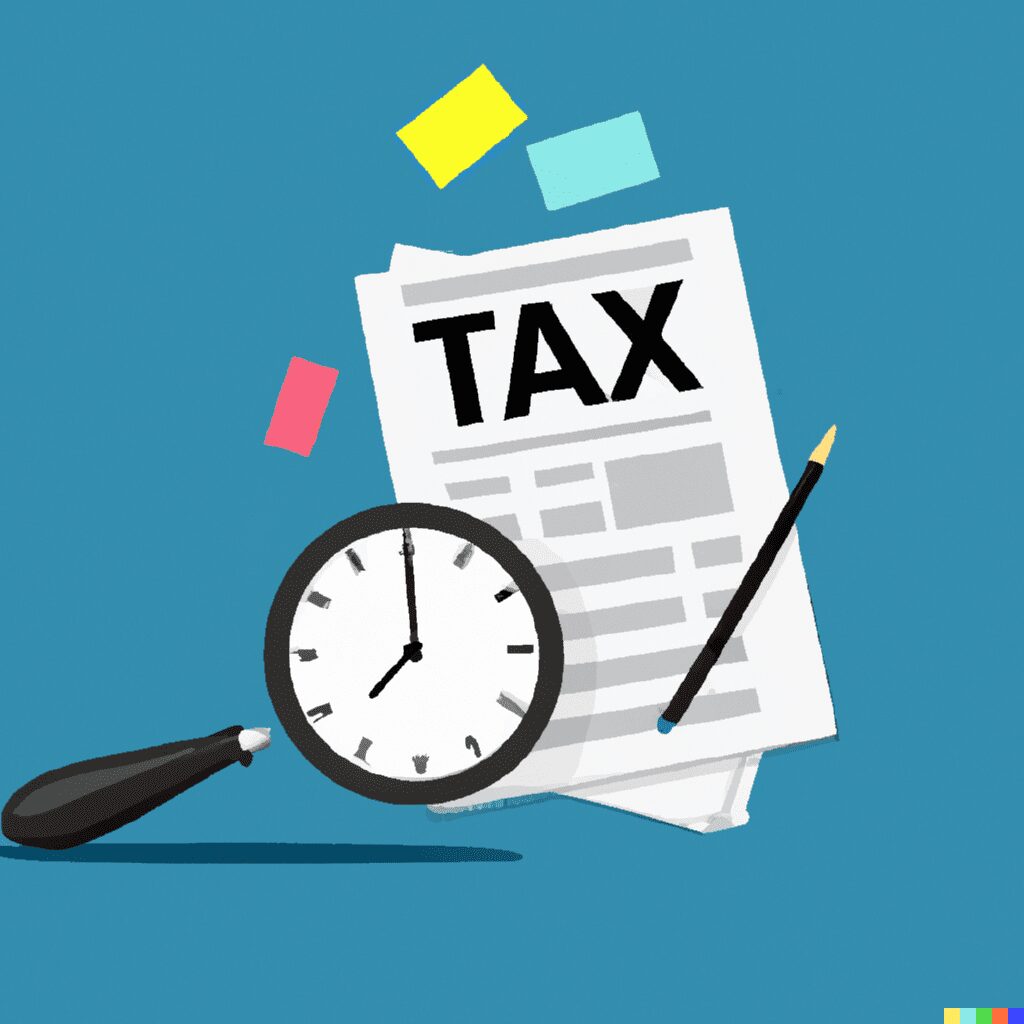
GST on Rent: What QLD Tenants Need to Know
Do Tenants Pay GST on Rent?
In Australia, the Goods and Services Tax (GST) is a value-added tax levied on most goods and services. It is important for tenants and landlords to understand the implications of GST on rent payments. This article aims to provide a comprehensive guide to the topic, covering aspects such as the GST and the margin scheme, GST collected and paid, GST exemptions in Australia, GST on council rates, stamp duty exemptions, the legal requirement for entities to register for GST, selling vacant land and GST, and the current GST rate in Australia.
Many tenants wonder if they are required to pay GST on their rental payments. The answer to this question is generally no. Rent is considered to be a residential tenancy agreement, and residential rent is exempt from GST in Australia. This exemption applies to both residential houses and apartments, ensuring that tenants do not bear the burden of GST on their rental payments.
Understanding the GST and the Margin Scheme
The GST and the margin scheme are two important concepts related to property transactions. The margin scheme is an option available to property developers when selling property. It allows them to calculate the GST payable on the sale based on the difference between the purchase price and the sale price, rather than the full sale price. This can reduce the amount of GST payable for certain types of property transactions.
GST Collected and Paid
Businesses that are registered for GST are required to collect GST on taxable supplies they make to their customers. However, residential rental income is generally not considered a taxable supply. As a result, landlords are not required to collect GST on rental payments from tenants. Similarly, tenants are not obligated to pay GST on their rent.
GST Exemptions in Australia
While residential rent is exempt from GST, it’s important to note that there are some exceptions to this rule. Commercial properties, such as office spaces and retail shops, are subject to GST. Additionally, short-term accommodation, such as holiday rentals or serviced apartments, may also be subject to GST. It’s crucial for landlords and tenants to understand the specific rules and regulations regarding GST exemptions to ensure compliance with the law.
GST on Council Rates
Council rates are local government charges levied on property owners to fund essential services and infrastructure. These rates are separate from GST and are not subject to GST. Property owners are responsible for paying council rates directly to the local council and do not need to factor GST into these payments.
Is Stamp Duty GST Free?
Stamp duty is a tax imposed on certain transactions, including property transfers. It is important to note that stamp duty is separate from GST. Stamp duty is not subject to GST, and when purchasing property, buyers need to consider the cost of stamp duty in addition to the purchase price. The amount of stamp duty payable varies depending on the state or territory where the property is located.
Legal Requirement to Register for GST
Entities operating a business with an annual turnover above the GST threshold are required by law to register for GST. The current GST threshold is $75,000 in annual turnover for most businesses. However, certain businesses, such as non-profit organizations, may have a higher threshold. It’s essential for business owners to understand their obligations regarding GST registration to avoid penalties and ensure compliance with the law.
Selling Vacant Land and GST (ATO)
When selling vacant land, the GST rules can be complex. Generally, the sale of vacant land is subject to GST. However, there are some circumstances where the GST may not apply. The Australian Taxation Office (ATO) provides specific guidelines and requirements for the sale of vacant land, and it is advisable to seek professional advice to navigate the complexities of GST in such transactions.
What Is the GST Rate in Australia?
The current GST rate in Australia is 10%. This means that for taxable supplies, businesses need to add 10% GST to the price of the goods or services they provide. However, as mentioned earlier, residential rent is exempt from GST, and tenants are not required to pay GST on their rental payments.
Frequently Asked Questions (FAQs)
FAQ 1: Are tenants required to pay GST on residential rent?
No, residential rent is exempt from GST in Australia. Tenants are not required to pay GST on their rental payments.
FAQ 2: Is commercial rent subject to GST?
Yes, commercial rent, such as office spaces and retail shops, is subject to GST in Australia. Businesses leasing commercial properties need to account for GST in their rental payments.
FAQ 3: Are short-term accommodation rentals subject to GST?
Yes, short-term accommodation rentals, such as holiday rentals or serviced apartments, may be subject to GST. It’s important to consult the ATO guidelines or seek professional advice to understand the specific requirements.
FAQ 4: Can landlords claim GST credits on property expenses?
If landlords are registered for GST and their property generates taxable rental income, they may be eligible to claim GST credits on related property expenses. It’s advisable to consult with a tax professional for accurate advice.
FAQ 5: What is the threshold for GST registration?
The current threshold for GST registration in Australia is $75,000 in annual turnover for most businesses. However, certain businesses, such as non-profit organizations, may have a higher threshold. It’s important to understand the specific rules that apply to your business.
FAQ 6: How can I determine if a property sale is subject to GST?
Determining if a property sale is subject to GST depends on various factors, such as the type of property, usage, and specific circumstances. The ATO provides comprehensive guidelines and requirements for property sales. Seeking professional advice is recommended to ensure compliance with GST regulations.
FAQ 7: What to do if I think I have been charged GST incorrectly on my rent?
If you believe you have been incorrectly charged GST on your rent, there are steps you can take to address the issue. First, gather all relevant documents, such as your rental agreement and receipts. Then, reach out to your landlord or property manager to discuss your concerns and provide evidence to support your claim. It’s important to approach the conversation in a respectful and constructive manner, seeking clarification on why GST has been charged and presenting your case for why you believe it is incorrect. If the issue is not resolved through direct communication, you may need to seek legal advice or contact the relevant consumer protection agency in your jurisdiction for further assistance.
FAQ 8: As a landlord will you pay GST on the services of the Property Manager?
As a landlord, you may wonder whether you are responsible for paying Goods and Services Tax (GST) on the services provided by a property manager. Generally, the responsibility for paying GST on property management services falls on the property manager rather than the landlord. Property managers typically include GST as part of their service fees, and they are responsible for remitting the GST to the tax authorities.
It’s important to review your agreement or contract with the property manager to determine whether the fees quoted include GST. If you have any doubts or questions, it is recommended to consult with a qualified accountant or tax professional who can provide specific advice based on your circumstances and the tax laws of your jurisdiction.
Understanding the implications of GST on rent is crucial for both tenants and landlords in Australia. Residential rent is generally exempt from GST, ensuring that tenants do not bear this additional cost. However, it’s important to be aware of exceptions, such as commercial properties and short-term accommodation, where GST may apply. Additionally, landlords and business owners need to understand their obligations regarding GST registration and compliance. Seeking professional advice can help navigate the complexities of GST in property transactions and ensure adherence to the law.
This is general advice only, for specific legal advice speak with your expert legal representative or property manager.





